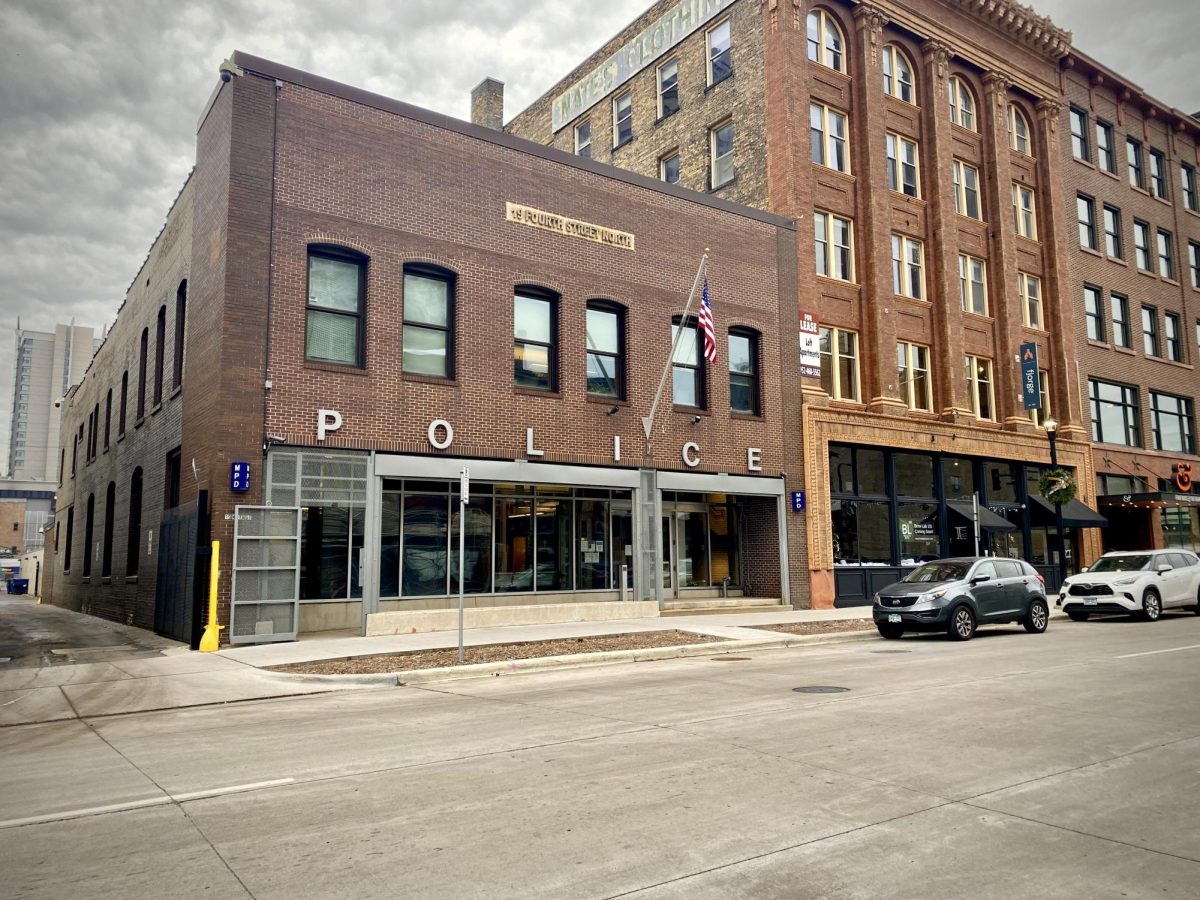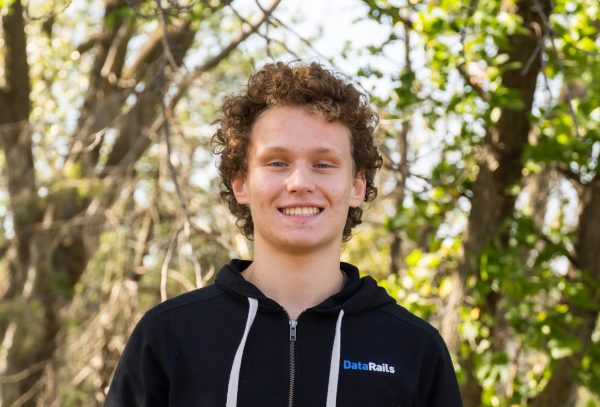On Nov. 13, the Minneapolis City Council approved a plan to hire a group of consultants from the New York University’s School of Law to oversee alternative policing plans in the city. The consultant team is known as The Policing Project and has worked with cities such as San Francisco, Denver and Chicago to determine issues and solutions for first-response situations. Funding provided by grants from several private foundations covers the $1 million cost of hiring the group.
The decision to hire The Policing Project comes in light of a two-year Department of Justice investigation that revealed evidence of racial discrimination against Black and Native American people in the Minneapolis Police Department (MPD) and several instances of excessive force. The investigation resulted in a consent decree for the MPD; the decree gives federal courts the responsibility of ensuring that the MPD integrates required improvements to policy, training technology and operations.
Antonio Oftelie, a Minnesota local, has laid much of the groundwork for The Policing Project’s two-year contract with Minneapolis. The consultants will base their work on The Safe and Thriving Communities Report, which Oftelie published with Harvard researchers for Minneapolis earlier this year. The report adapts three pillars of preventive, restorative and responsive actions that the city will use to modify responses to first-response situations. In addition to public outreach with communities, Minneapolis neighborhoods will be included in decision-making with assistance from a proposed Community Advisory Board to adopt policies from the plan.
Furthermore, the report recommends incorporating an online progress dashboard that records non-police services that will be available for first-response situations. This is one example of Oftelie’s emphasis on providing various resources in first-response situations. “So if something happens in a community for a family or an individual and they call 911, 911 has the ability to say, ‘What mix of services can we send out to this community or this person to make sure that we respond with the most appropriate form of response?’” Oftelie said in a press conference about the plan according to KARE 11.
Although Minneapolis City Council members approved The Policing Project’s implementation of the Safe and Thriving Communities report, they also recognize challenges. To demonstrate, Councilmember Robin Wonsley indicates that more priority should be put on a public health effort, citing complaints that the city’s behavioral response team lacks resources even with the city’s $1.5 billion budget. “Many residents have organized around the same ideas for decades and have asked the city to invest in a public safety system that does not just have police but actually supports a public health approach and a holistic approach towards our residents,” said Wonsley, according to the Minnesota Post.
Minneapolis Mayor Jacob Frey agrees that The Policing Project’s task will not be easy. “It takes a whole lot of work to transform a system that’s been in place for a hundred years,” he said at a Minneapolis press conference, according to Minnesota Public Radio. Yet, he remains optimistic about the plan.














![[DEBATES] Prestigious colleges: value or hype?](https://www.mvviewer.org/wp-content/uploads/2024/12/buildings-1200x654.png)


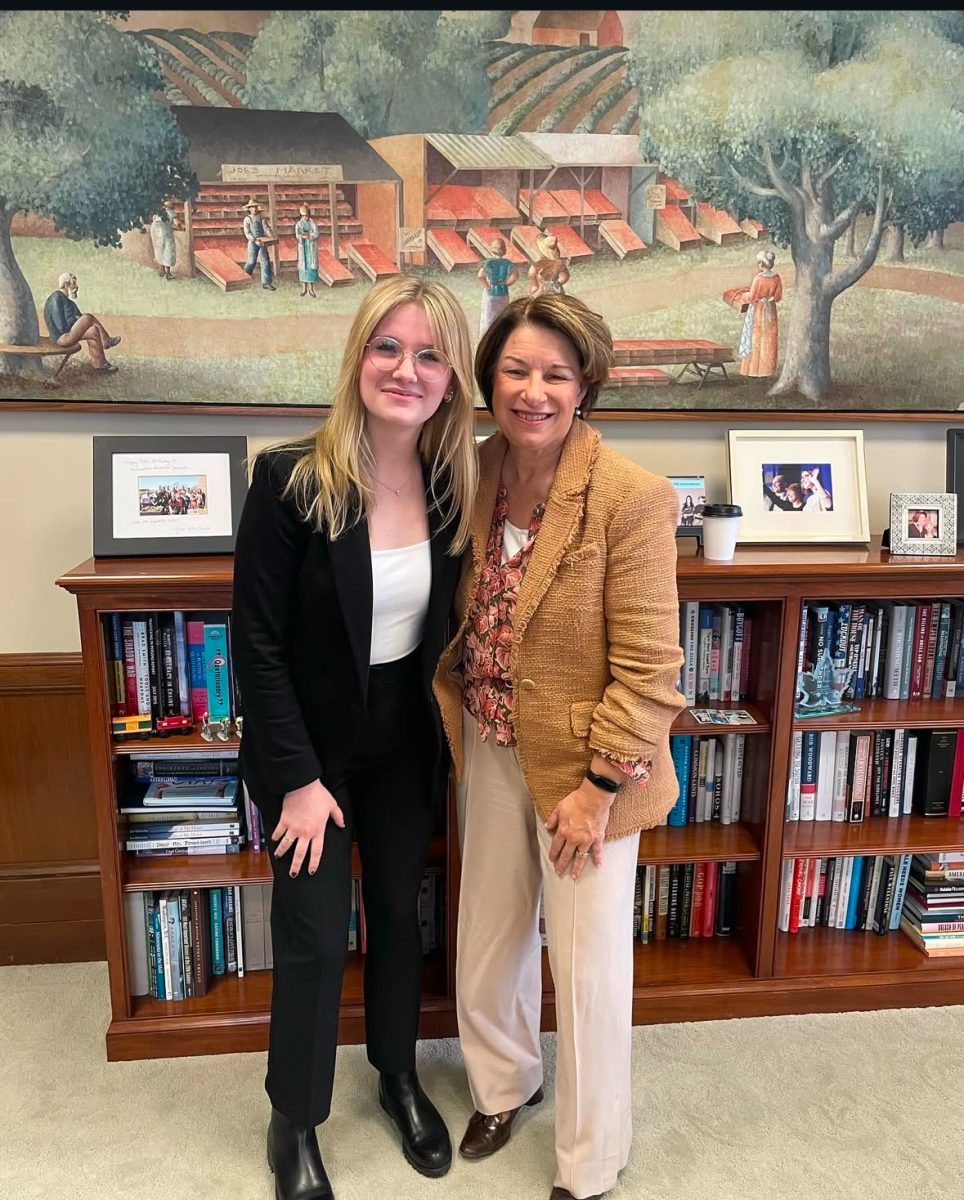
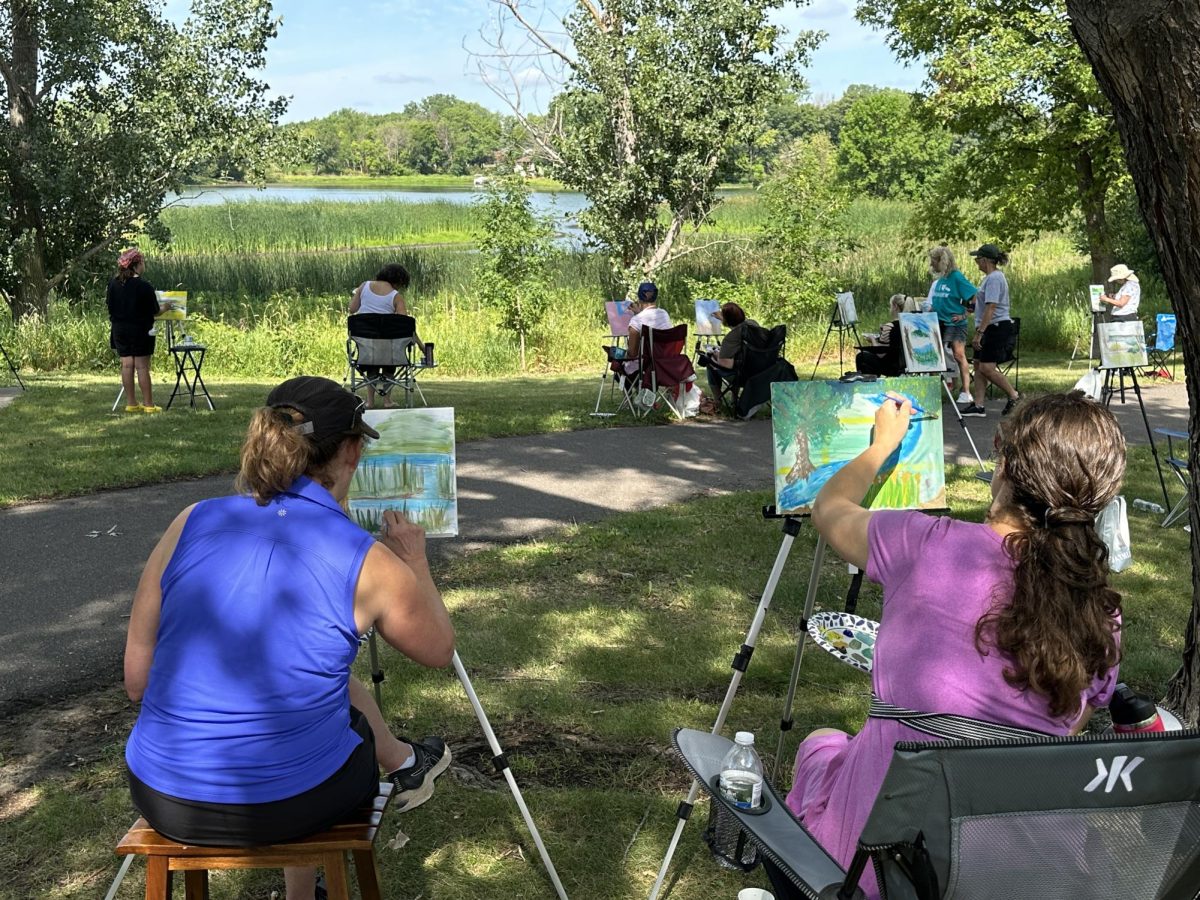


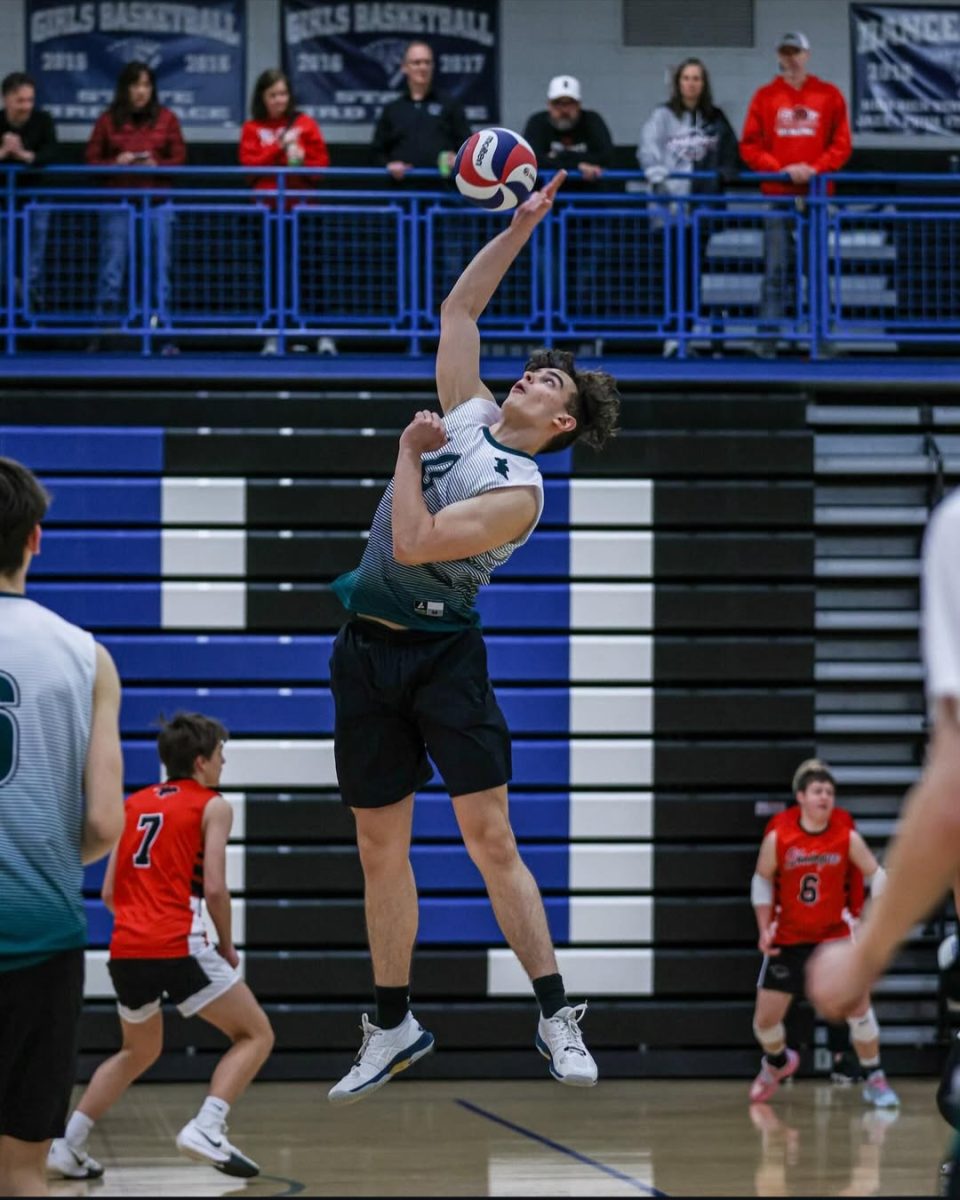
























![[OPINION] The dark origins of TikTok's looksmaxxing trend](https://www.mvviewer.org/wp-content/uploads/2024/02/Copy-of-Copy-of-Untitled-Design-1200x675.png)









